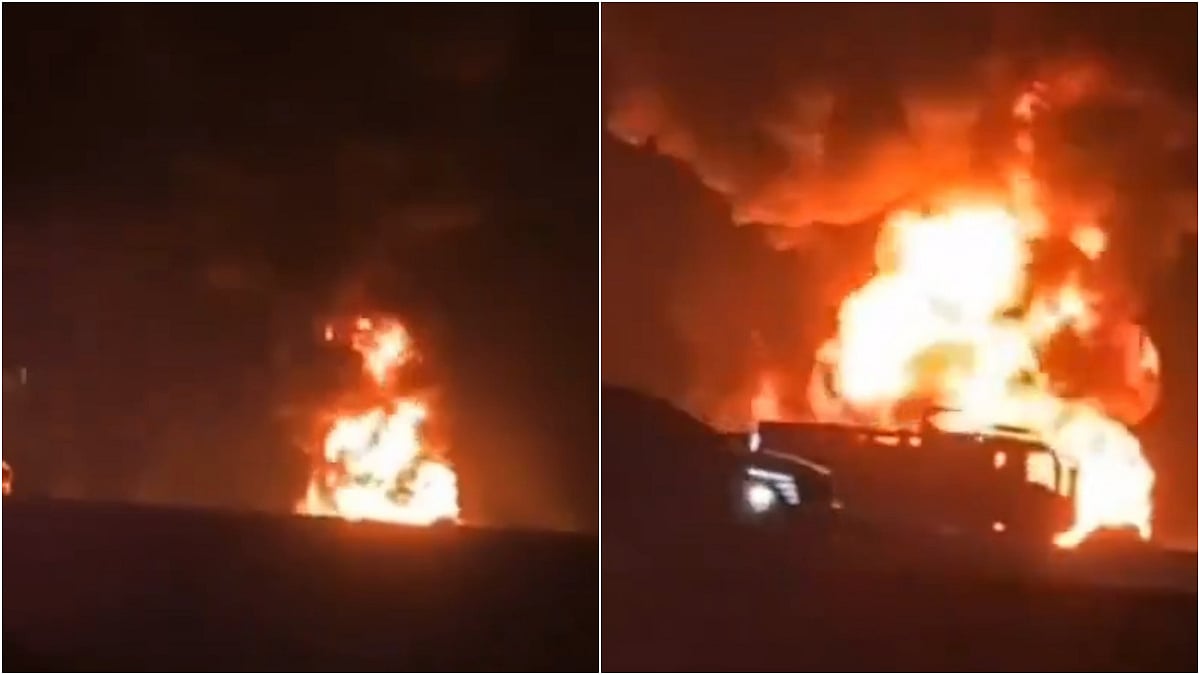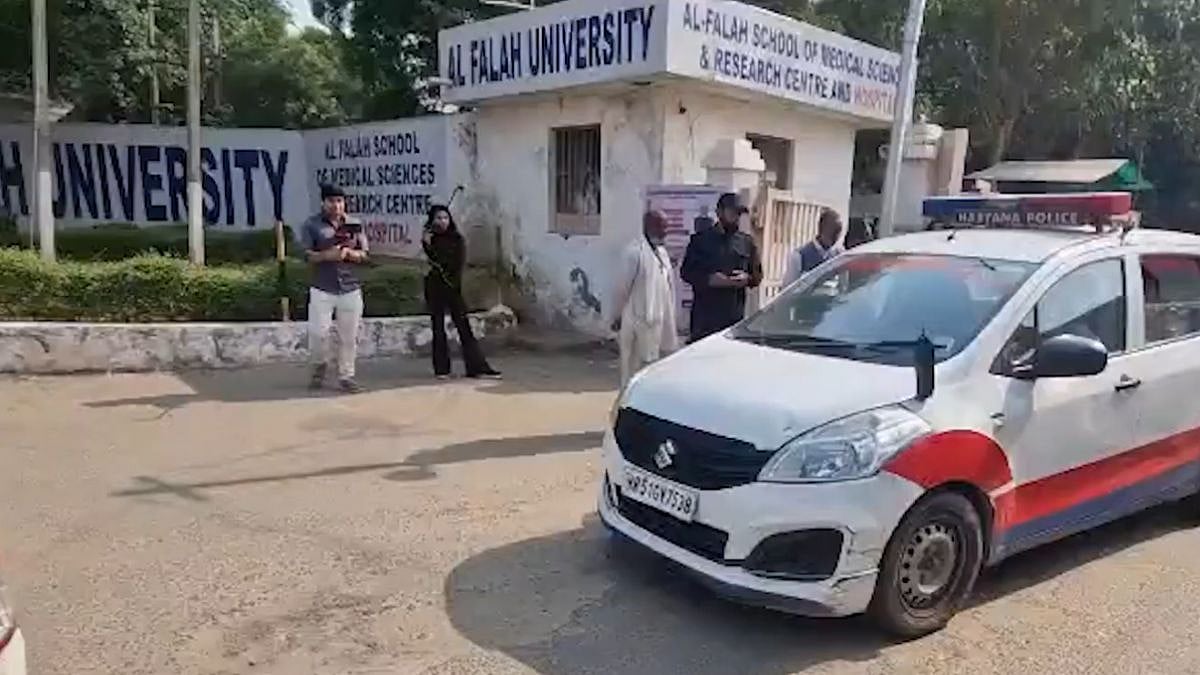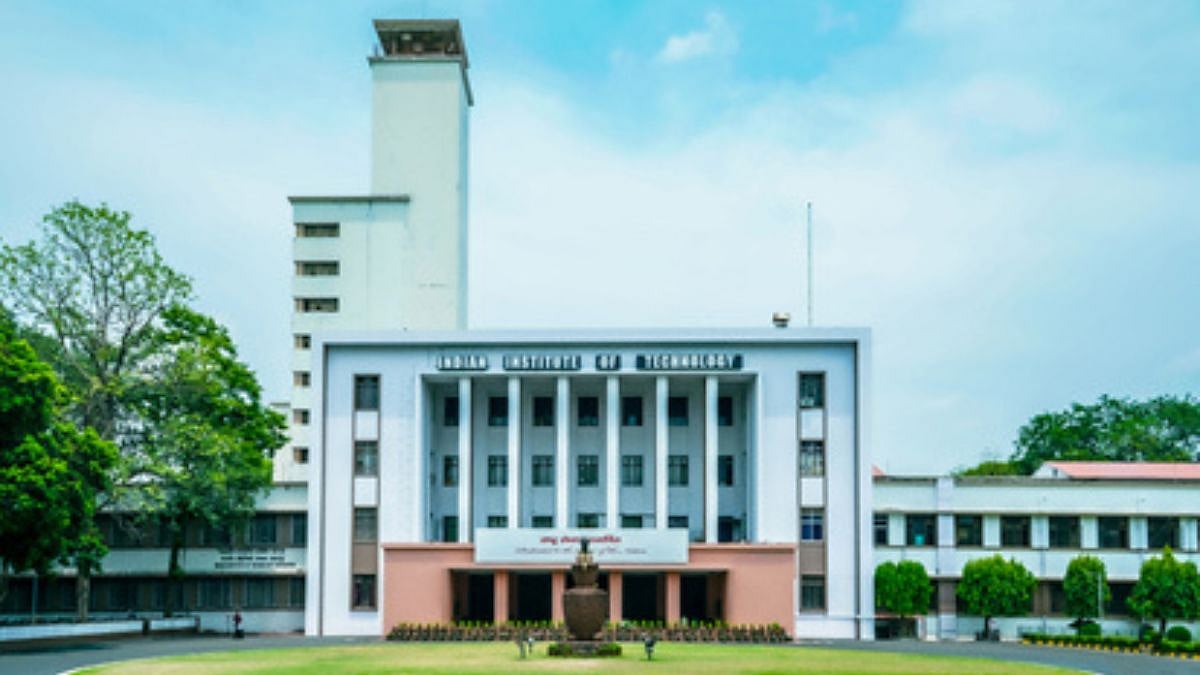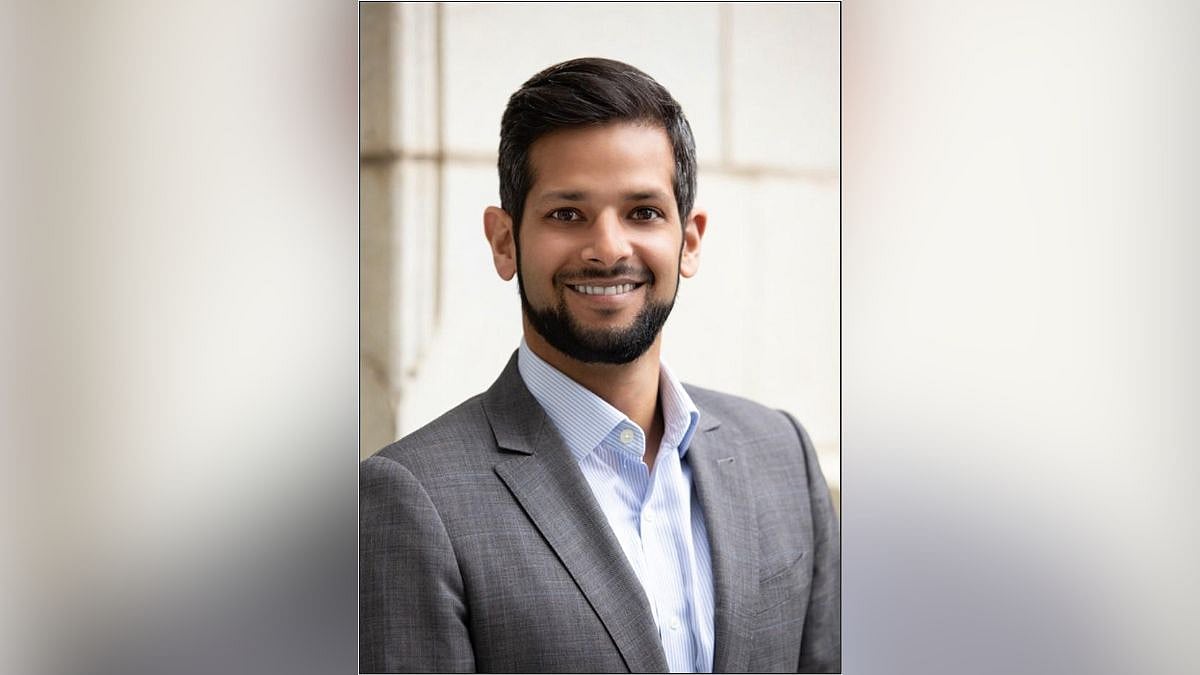Recently, the government of Maharashtra has announced changes to the Right to Education (RTE) rules. According to the new rules, economically and socially backward students will be restricted from accessing English medium schools. The government claims that these changes will expand the scope of RTE to government-run and aided schools. Nevertheless, many people believe that this is a step backwards.
What has been changed?
Until now, students in Maharashtra could apply to private unaided or self-financed schools within a radius of one to three kilometers under the Right to Education Act, 2009. However, a recent gazette notification dated February 9, issued by the state government, states that private schools will be exempted from the 25% RTE quota if there is a government-run or government-aided school within a 1km radius of that school. These new rules will come into effect from the 2024-25 session.
Additionally, under the new rules, any unaided schools selected under the RTE acts will not be reimbursed by the local authorities for the costs they incur.
What were the earlier rules?
So far unaided and private schools needed to reserve 25% of seats for children from primary to 8th standard from economically backward sections under the RTE which ensured free education for children aged group 6- 14 years. These students were eligible for education free of cost while the government would reimburse their tuition fees to private schools. It also included the cost of books & uniforms and that is where the problem lies.
Why the move?
A recurring issue highlighted in the amendment revolves around pending reimbursements owed by the Maharashtra government to private schools. Sanjayrao Tayade Patil, President of the Maharashtra English Schools Trustees Association (MESTA) informs The Free Press Journal that the government owes an estimated ₹2,400 crore to over 31,000 schools.
Patil expressed, "We acknowledge that these students belong to economically backward classes and cannot afford the high fees of private schools. However, we fail to understand why the government is trying to make us poor. What is our fault? We have been teaching these students for the past 5 years."
In December of the previous year, the Maharashtra English School Trustee’s Association (MESTA) issued a warning that all private schools would boycott the 25% quota in the upcoming academic year unless the government promptly reimbursed the pending amounts.
Parents and critics express concerns
Nitin Dalvi, an education activist based in Mumbai, expressed concern that the new law closing the option of private schools to financially disadvantaged students would create a social divide. The law intended to enable students from marginalised backgrounds to access education in good private schools. The decision is similar to one made in Karnataka, which is currently pending a Supreme Court verdict.
Dalvi argued that it would deprive poor students of the benefits of the RTE and would cause a significant loss to them.
“The government schools are consistently deteriorating. Most have already shut down and barely have any students. Without the option of private schools, the incentive for parents to enrol their children in RTE admissions will dwindle, and dropout rates may increase,” says Dalvi.
“The new order is unjust to lakhs of students, and the government has made private schools owe huge pending dues. That’s why the management of the institution is angry. It will cause a huge loss to the students and is only in the interest of the institution’s management,” added Dalvi.
Parents are also expressing their concerns, emphasizing the potential negative impact on the quality of education accessible to their children. They are calling for a re-evaluation of the amended regulations. The amendment is likely to deprive poor students of studying in English medium private schools, particularly in urban areas like Mumbai and Pune, where government schools are abundant.
Private school owners and associations however have welcomed this decision.
The president of MESTA has challenged the concerns raised above regarding the inefficiency of government schools.
He argues “If the government is already paying lakhs of salary to government school teachers, and yet they still cannot provide quality education, then it is a societal problem. Therefore, we should urge the government to increase funding, improve infrastructure, and train teachers to make government schools more appealing so that more students can enrol.”
Dinesh Misal, the Director of Nerul Vidya Bhavan School in Navi Mumbai, welcomes this decision as it provides significant relief to their school. “The school has almost 200 students from socio-economically backward classes, and the government pays only ₹17000 thousand yearly instead of the normal fee of ₹24000 per year,” says Misal.
However, the school has not received this payment for the last five years, which has caused a significant financial burden.

.jpg)





.jpg)
